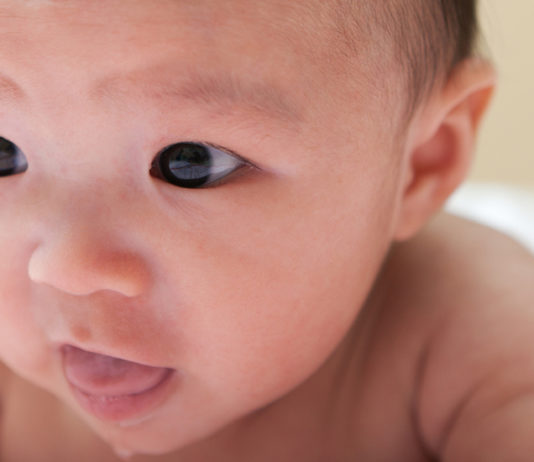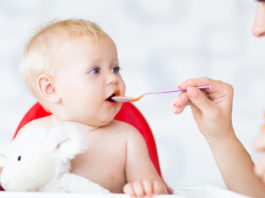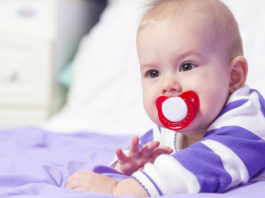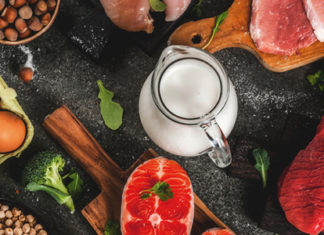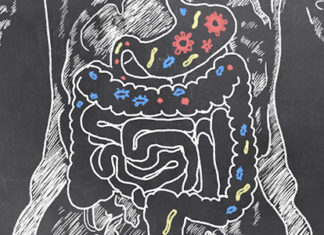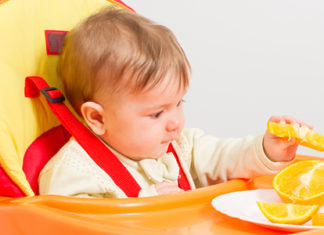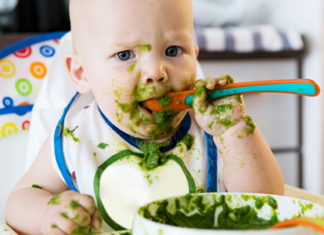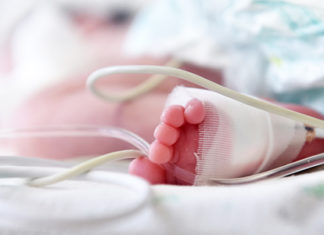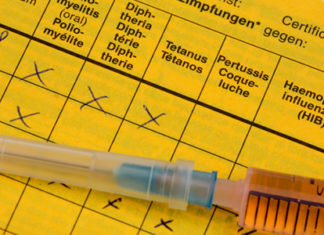Eating more foods with choline during pregnancy could boost baby’s brain
When expectant mothers consume sufficient amounts of the nutrient choline during pregnancy, their offspring gain enduring cognitive benefits, a new Cornell University study suggests.
Choline – found in egg yolks, lean red meat, fish, poultry,...
When is the right time to start infants on solid foods?
The first study of a nationally-representative group of U.S. infants reports that more than half of babies are currently introduced to complementary foods, that is, foods or drinks other than breast milk or formula,...
Certain books can increase infant learning during shared reading
Parents and pediatricians know that reading to infants is a good thing, but new research shows reading books that clearly name and label people and objects is even better.
That’s because doing so helps infants...
Probiotic gets a boost from breast milk
Supplementation with probiotics can improve a person's gut health, but the benefits are often fleeting, and colonization by the probiotic's good microbes usually doesn't last. Breast milk may help sustain those colonies in the...
Creating a digital environment ‘fit for childhood’
Education for children receiving a smartphone for the first time, design standards to meet childhood development milestones, and government taking account of children’s views when creating policy, are some of the key recommendations in...
Babies that feed themselves have no increased risk of choking
New research from Swansea University shows that letting babies feed themselves solid foods from as young as six months does not increase the risk of them choking compared to spoon-feeding them.
The research was carried...
Breastfeeding for two months halves risk of SIDS
Breastfeeding for at least two months cuts a baby’s risk of sudden infant death syndrome almost in half, a sweeping new international study has found.
The study determined that mothers do not need to breastfeed...
Illegal levels of arsenic found in baby foods
Researchers from Queen’s University Belfast have found that almost half of baby rice food products contain illegal levels of inorganic arsenic despite new regulations set by the EU
In January 2016, the EU imposed a...
Streamlined genetic tests and respiratory risks for premature babies
Streamlined genetic testing for women diagnosed with cancer and strategies to improve outcomes for premature babies in Australia were the subjects of the fifth Professorial Inaugural Lectures at UNSW.
As demand for genetic counseling skyrockets, UNSW researchers...
Relationship between vaccine refusal and use of alternative medicines
A new study led by a researcher from The University of Western Australia has analysed the use of complementary and alternative medicine (CAM) by parents who reject some or all vaccines for their children.
The...
- Advertisement -
Sign up to receive the latest parenting news, competitions, health information, baby/child/whole family recipes, play ideas, outings, personal stories and much more.


